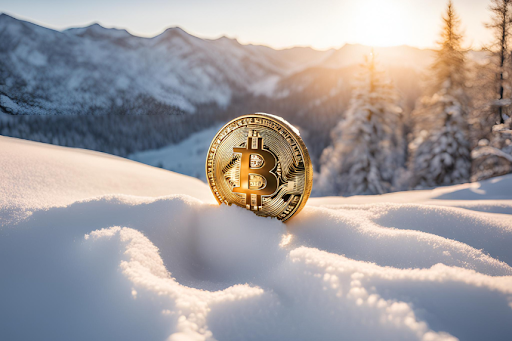ETFs: A Step in a Global Domino Effect?
2024-05-07
In 2024, the global financial market witnessed significant progress in the acceptance and integration of bitcoin. The year began with the approval of Bitcoin ETFs in the USA. Now, a few months later, Hong Kong represents further steps in this development. Additionally, Europe's second-largest central bank is showing interest in Bitcoin ETFs. These events can be seen as the starting point for a chain reaction that could potentially change the entire spectrum of global finance.

In January 2024, the USA became one of the first major economies to approve a Bitcoin ETF, leading to a significant price increase and marking a milestone for Bitcoin's acceptance in traditional financial markets. This increased credibility demonstrated the possibility for other countries to follow suit.
Hong Kong took a similar step on April 15, 2024, by approving the first spot-based ETFs for both Bitcoin and Ethereum. The uniqueness of these ETFs lies in their "in-kind" creation model, which strengthens market liquidity and opens up for broader acceptance of cryptocurrencies in the investment world.
Interestingly, Europe's financial sector has also begun showing interest in crypto ETFs. Europe's second-largest bank, namely BNP Paribas, has recently shown interest in investing in Bitcoin ETFs, further highlighting the global trend towards acceptance of cryptocurrencies in traditional financial markets.
With these two powerful economies leading the way, the question arises:
"Which country will be next to approve a crypto ETF?"
Hong Kong's recent approval of ETFs can be seen as part of a larger global domino effect, initiated by the USA's earlier decision. This series of events highlights a growing trend where traditional financial markets are increasingly embracing Bitcoin, which could have profound effects on global economic structures and investment strategies. The continued development in this area is something that all economic actors should keep an eye on, as it shapes the future of both digital and traditional assets.
Ready to start your Bitcoin journey?
BTCX is Sweden's first Bitcoin exchange. With us, you can buy bitcoin quickly and securely. Experience safety and simplicity when investing in the currency of the future!


